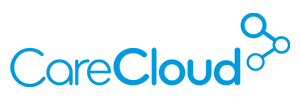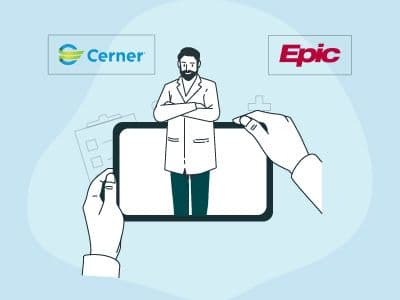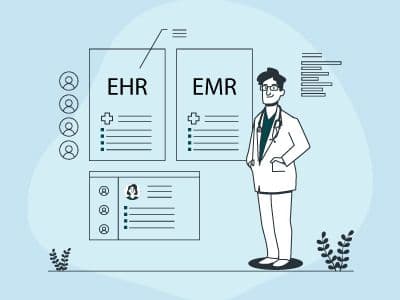The Best Affinity Billing Alternatives
Compare
Compare
Compare
Add to Compare
Add to Compare
Add to Compare
Add to Compare
Add to Compare
Select up to 2 products
Compare Features
Feature List | Affinity Billing | AdvancedMD | athenaOne | Cerner EMR | DrChrono EHR |
|---|---|---|---|---|---|
Appointment Management/Scheduling | |||||
e-Prescriptions | |||||
Patient Portal | |||||
Compliance Tracking | |||||
Customizable Forms/Reports | |||||
Document Management | |||||
Lab Integration | |||||
Online Payments | |||||
Immunization And Allergy Tracking | |||||
Mobile App |









